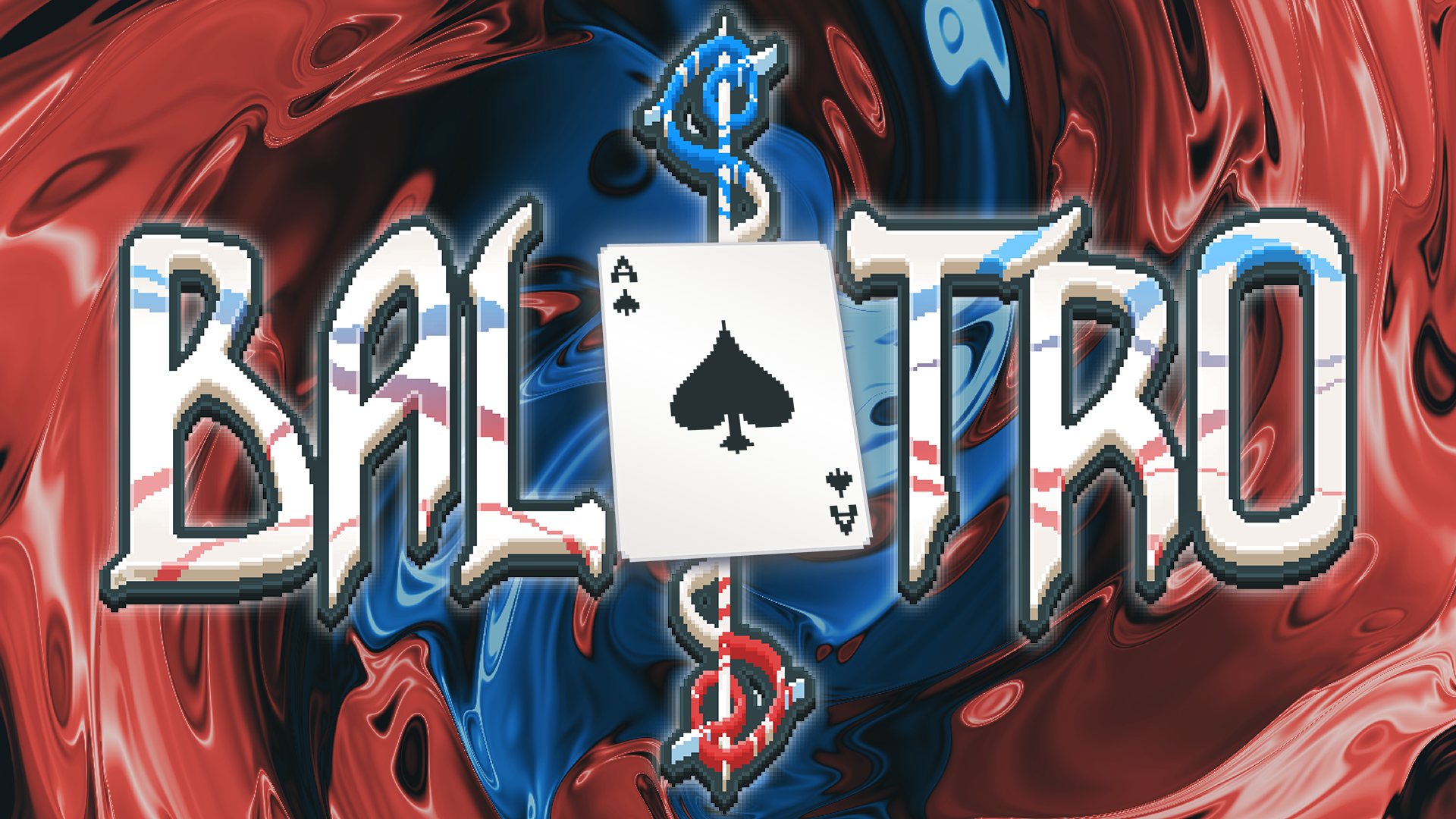After a grueling week, and with finals just around the corner, I convinced myself I needed a treat. That was on Sunday. By Friday, I had already poured over 10 hours into Balatro: needless to say, I am hooked.
Balatro is a single-player poker game in which players overcome increasingly difficult point thresholds, what the game calls blinds. Players create different poker hands to earn points, but use much more than the standard deck of 52. Cards can be added to your hand during a round and augmented by tarot cards and jokers—which are no joke. These items provide important multipliers to your score, give special power-up cards, or supply cash to dump into purchasing more jokers.
This reimagined version of poker requires minimal knowledge of the original, making it easily accessible to new players. However, the game does not lack complexity. Currently, the game contains 150 jokers, each with their own special abilities. Since players typically only hold 5 jokers in one run, the decision to pick one joker over another or gamble on the jokers you already hold means you’re risking it all, leading players to continuously experiment with different card synergies. The myriad of possibilities is what has gotten me in a bind: I have not gone to bed before 1 a.m. this past week because I am spending so much time swapping jokers in and out of my run.
Balatro is also HARD. Each run requires you to beat eight levels, with the amount of needed points continuously increasing. After a few days of gameplay and approximately 10 runs (each of which lasted about an hour), I was finally able to beat the game. However, that was only the beginning. Balatro has eight different stakes that represent different scales of difficulty. So far, I have only overcome the first one. There are also 15 decks to unlock and play at each tier. Given these challenges, I can easily see myself putting at least 100 more hours into this game.
The key brilliance of Balatro lies in its replayability and creativity. I am compelled to explore so many different levels and synergies, and that perplexity is why I recommend others to pick it up as well.
If I haven’t provided enough incentive to play, Balatro also boasts some underrated features. First of all, the cards are visually beautiful. The pixel art of the jokers, tarot cards, and special celestial cards makes me wish the creator released them as a deck in real life, because they are so unique from other deck-building games. Secondly, the game offers a vast amount of accessibility settings to help players with disabilities—something I especially appreciate as someone with epilepsy. Players sensitive to lights and motion can turn off the swirling backgrounds. Those with vision impairments can also make their cards have higher color contrast. Some large game studios overlook the importance of making their product accessible, so I am impressed that this small developer was so intentional about implementing these options.
I absolutely recommend picking up this game on your laptop for when you need some downtime. It’s easy to start a run. It’s easy to save and come back to, in case your professor catches you slacking off. It’s also easy to get addicted to. I will warn students: what started as a gamble to relax from impending finals has turned into my biggest distraction from them—so maybe pick this one up after finals week?
Balatro is available on Microsoft Windows, macOS, Nintendo Switch, Playstation 4, Playstation 5, Xbox One, and Xbox Series S/X. The game retails at $14.99.





